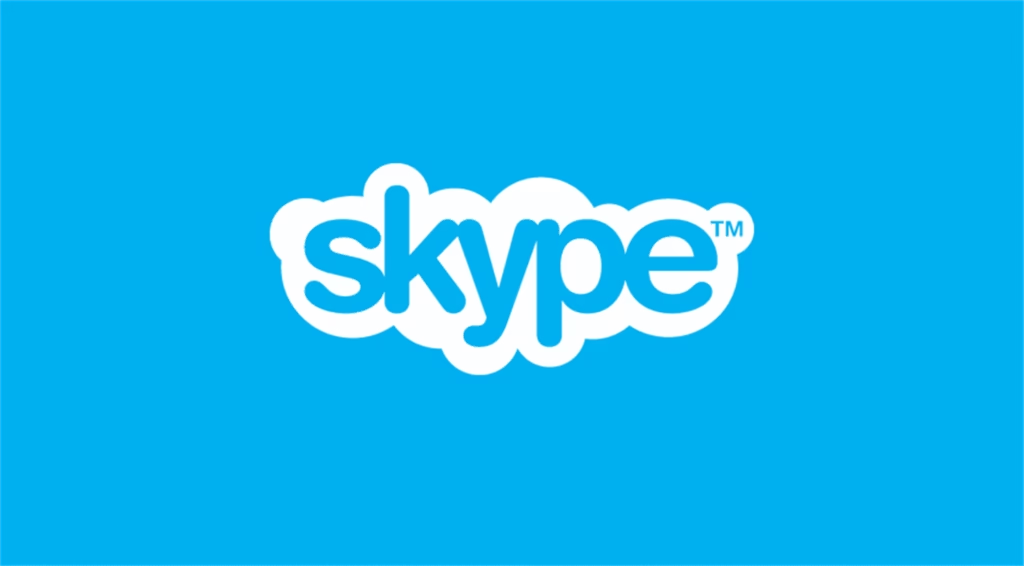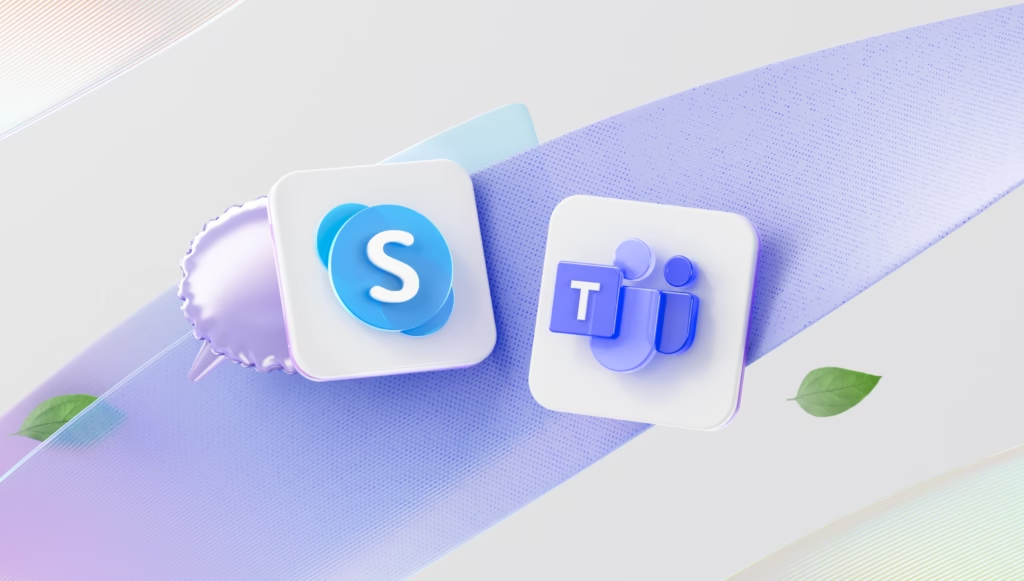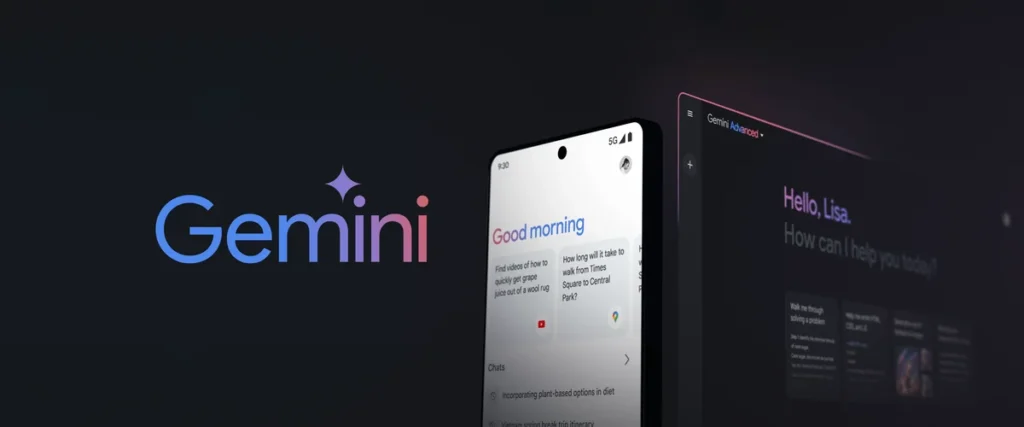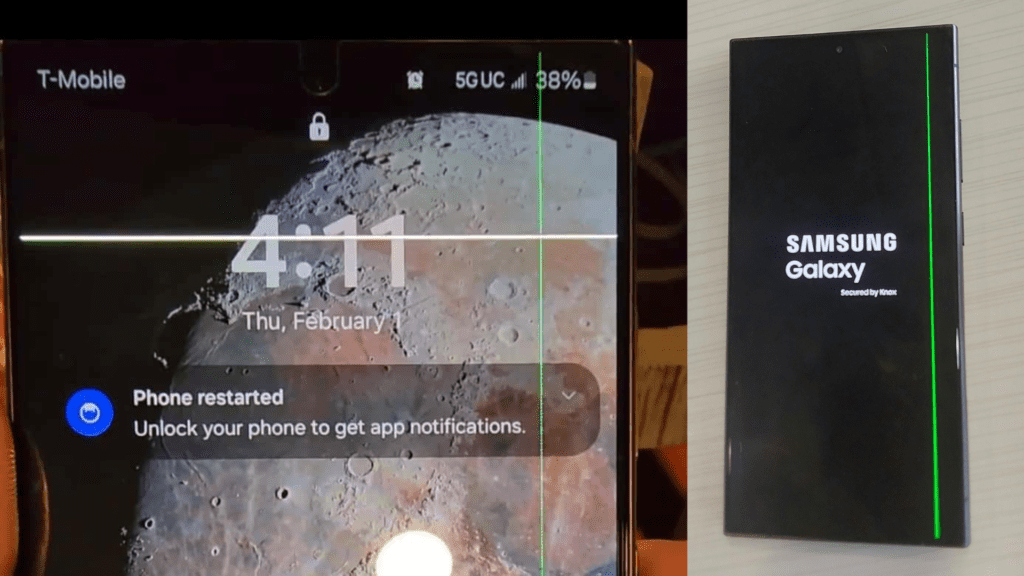Microsoft will pull the plug on Skype for Good Microsoft is killing Skype.On 5 May, 2025, Microsoft will officially discontinue Skype, and draw the 22-year-old life of one of the most iconic communications services of the digital age to a close. This decision not only means the end of a service but the end of an era that changed the way people communicated around the world.

The Rise of Skype: A Revolutionary Beginning
Founded in August 2003 by Niklas Zennström and Janus Friis, who were joined by a group of Estonian developers, Skype offered a revolutionary new method for people to talk online over the internet. With the help of the Voice over Internet Protocol (VoIP) technology, Skype enabled it’s millions of users to make free voice and video calls across the globe, thereby smashing geographical boundaries and giving a new definition to personal and business communication.
The platform became wildly popular and was bought by eBAy in 2005 for $2.6 billion. Microsoft acquired Skype in 2011 for $8.5 billion and made it part of its suite of services, replacing Windows Live Messenger. At its height, Skype had roughly 300 million active users and was synonymous with communicating over the internet.
The Decline: Changing Tides in Communication
After an ambitious early period, the long shadow of early Skype competitio and changing customer tastes began to erode its dominance. The emergence of mobile-first applications such as WhatsApp, FaceTime, Zoom, Google Meet etc., provided more end-to-end integrated and easy-to-use setups to the user. These services swooped in during the era of the ubiquitous digital conversation — slowly chipping away at Skype’s user community of friends and family.
As of 2023, Skype daily active users have fallen to just about 36 million—a far cry from its heyday. The platform also struggled to keep up with mobile trends and the addition of new features.

Microsoft’s Strategic Shift to Teams
Seeing the writing on the wall, Micorosft rolled out Teams in 2017 as a one-stop-shop for communications and collaboration. Introduced in the past to appeal to enterprise users, Teams has gained tremendous momentum, particularly during the COVID-19 era in which working remotely and collaborating virtually has become the standard. Packed with capabilities like chat, video calling, file storage and integration with Microsoft 365, Teams provided a one-stop-shop for modern communications.
In February 2025, Microsoft announced that Skype would be retired in favor of Microsoft Teams. The firm pointed out that Teams would deliver more capabilities and better deep integration, and would suit users’ changing needs better. Skype Contacts and conversation history would be moved to Teams, so users would have a consistent experience across both apps.
The Emotional Farewell: Nostalgia and Reflection
Skype wasn’t just a means to connect for a lot of people who used it; it was a bridge connecting people over distances. It enabled millions of personal experiences – from long-distance relationships to family reunions, to reconnecting with a friend that you only met once but you never forget, It made all this happen. The impending closure of the platform has created a sense of nostalgia among users who have been revisiting the early days of digital communication.
The social media has, however, been flooded with heartfelt tributes to Skype with many sharing memories and appreciations on how useful it was to their communities. Some have gone so far as to joke that Microsoft should offload Skype to commercial innovators like Elon Musk in order to ‘save the brand’.
Transitioning to Microsoft Teams: What Users Need to Know
As Skype approaches its retirement, Microsoft is facilitating the transition to Teams:
- Automatic Migration: Owners of Skype can sign in to Microsoft Teams with their Skype credentials. Conversations and chat logs will be automatically migrated, allowing for continuity.
- Feature Enhancements: Teams has a range of capabilities that Skype doesn’t, including integrated calendars, collaborative document editing features, and the ability to host large meetings.
- Data Export: For users who don’t want to switch to Teams, they can export their Skype data before the date it’s shuttered.
- Support Resources: Microsoft has posted tutorials and how-to guides to help customers find their way around the all-new platform and take advantage of its capabilities.
The Legacy of Skype: A Lasting Impact
X realize from challenges that have the biggest names when it comesto skypes impact on digital communications. It was a democratization for voice and video calling that allowed any person or business to communicate without the barriers of a traditional phone system. The platform enabled more sophisticated communication tools and established a benchmark for internet conversations.
Though time on the road is winding down, Skype’s mark on history will forever be etched within the technology world. It was a fulcrum for change in communication, and it’s not over yet.
Conclusion: Embracing the Future
With the retirement of Skype, a momentous chapter of digital communications history has come to an end. And as users say goodbye to a platform that once changed the game for how we stay connected, they are also looking to the future at a landscape that will increasingly be defined by more integrated and more flexible tools such as Microsoft Teams.
Opportunities arise with change, which despite nostalgia, represents a positive challenge. Just as we continue to learn from the lessons and experiences of platforms like Skype, we salute its contributions; while, along with its many users around the world, we look forward to celebrating the up-and-coming future of the digital world!
Disclaimer: Information provided is based on publicly available sources and user experiences.
if you have any issue with this Article – Click Here




